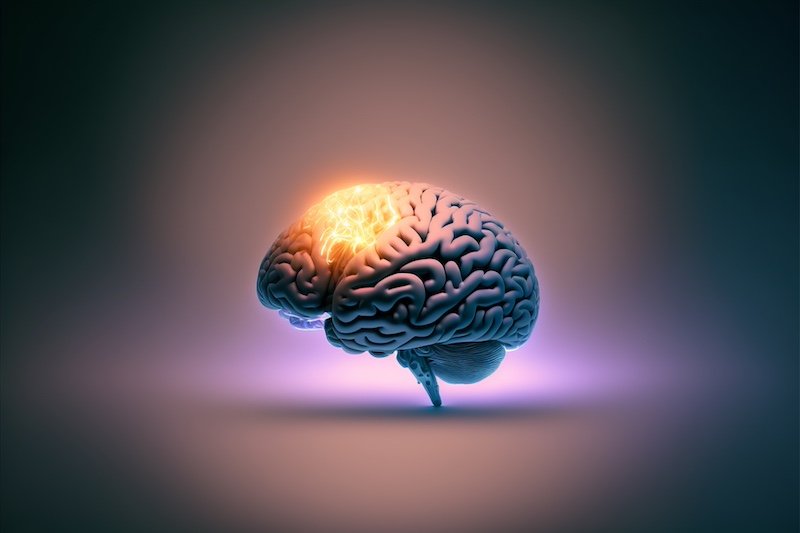Each generation has an imaginary future
- The war to end all wars: 1914
- The United Nations
- The year 01: equality
- Napoleon’s Europe
- The New World
- Hitler’s Reich
- Communism
- The USSR
- 18th century France
- The Ottoman Empire
What is our today?
- The end of capitalism as we know it
- Victims vs oppressors
- Racism against anyone who disagrees with you
- Men vs women
- China dominates the world
- Health politics
- Global viruses/ vaccines
- Local answers
- Sharing economy
- Green Fascism
- The disappearance of the middle class
- The U curve
- Younging
- Robots
- Electric cars
- Mars
- No gender
- Universal salary at birth
- Useful idiots democracy
- Woke
- Cancel culture
- Victims
Intelligent people are not dangerous, but an army of anonymous irresponsible selfy kids who can only see the world through their cell phones, who want to impose their simplistic ideas and are ready to bully you into submission, represent the real danger our civilization is facing.
What you cannot say controls you. Political correctness? (Who decides what is correct?). No dialogue means no opening up to other people or ideas.
Their ideas are in a tin can: we don’t want to eat the same processed food from tin cans. They replaced class struggle with racial struggle. It is the same can with a different label and the same taste. Isomorphism.
But we also have an imaginary past. We invent it and recreate it again and again.
The past?
The future?
But even the present is a matter of imagination. The Quantum law rules that perception is reality. Anticipation creates emotions and even permanently transforms, making our present fit our mental state. Satisfaction depends on expectations.
Suppose I wanted to go to Boston College and was accepted to OXFORD. I would be thrilled. But I would be unhappy if I tried to go to OXFORD and was admitted to Boston College. This has nothing to do with Boston College but with my expectations.
Neurosis is the distance between your ideal self and your present self as perceived by you. If your ideal self is very close to your present self, you might be ok. But you are miserable if your ideal self is far from your present self. If you are a footman and become a butler, you are happy, but if you are a footman and want to become the Lord, you are very unhappy.
The problem is not who you are or what level you are in, but the distance between your ideal self and your perceived self.
The French live in heaven but think they are in hell because they know what is supposed to be perfect and cannot get it, so they end up in St. Helena.










